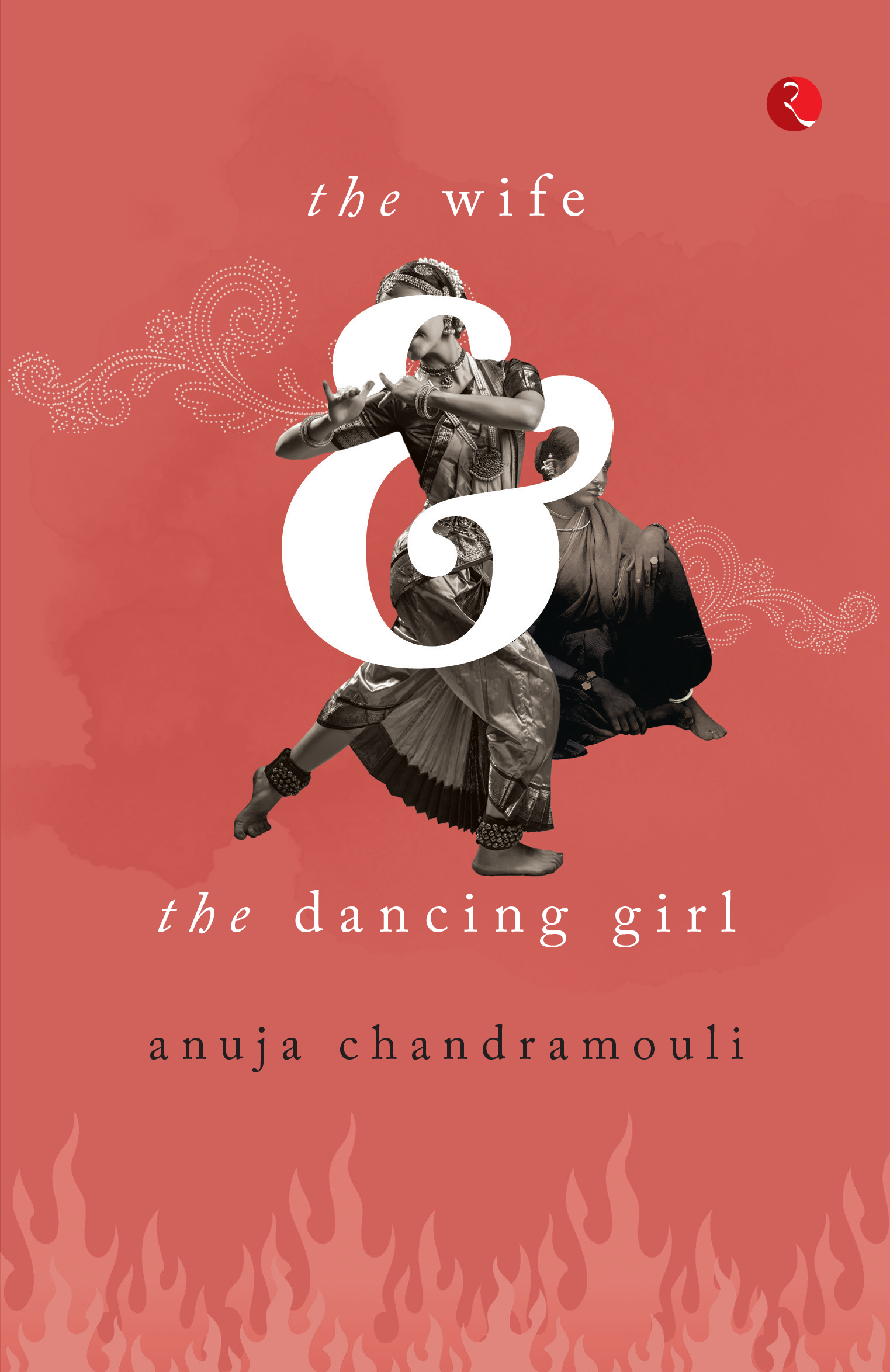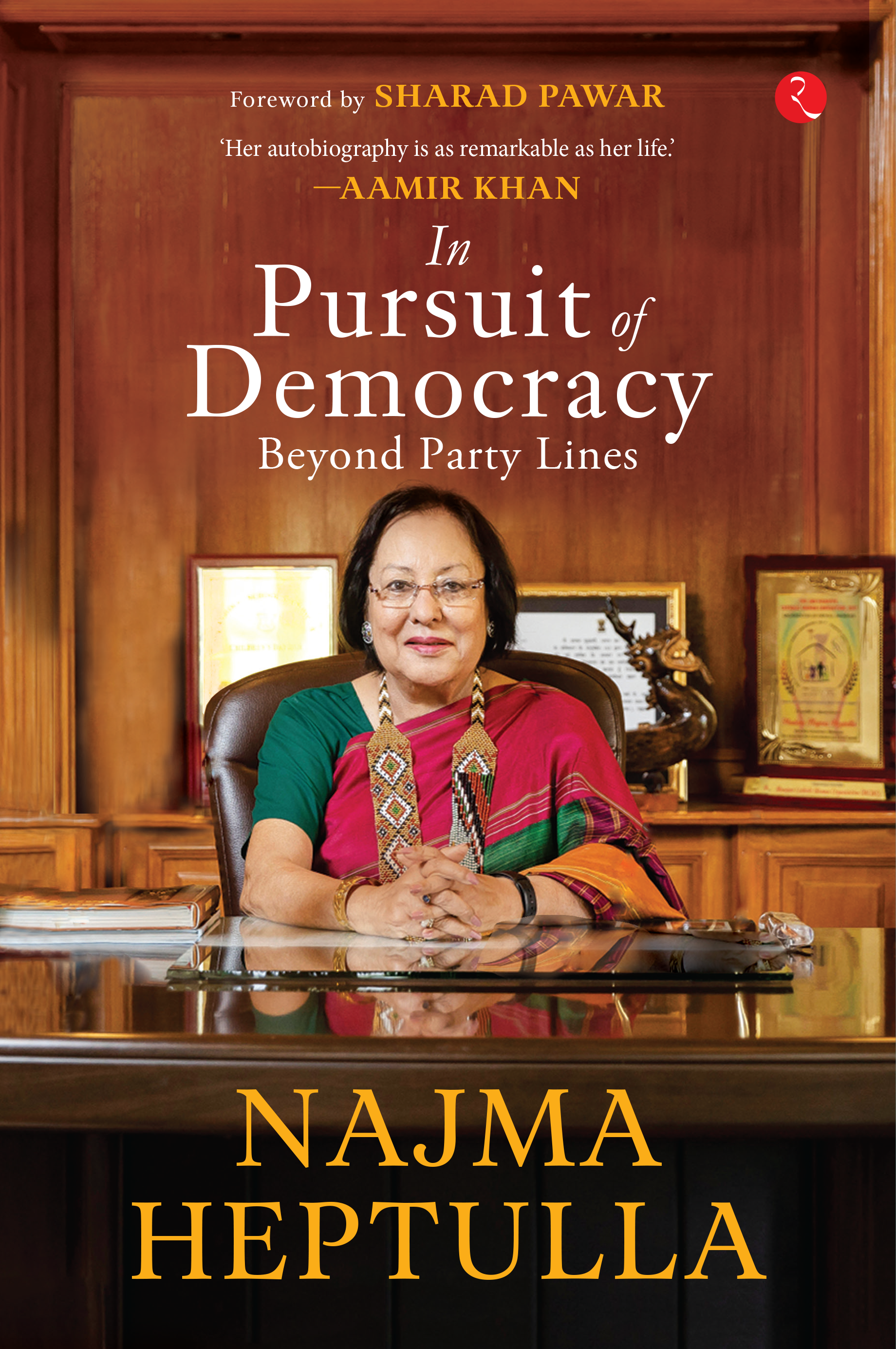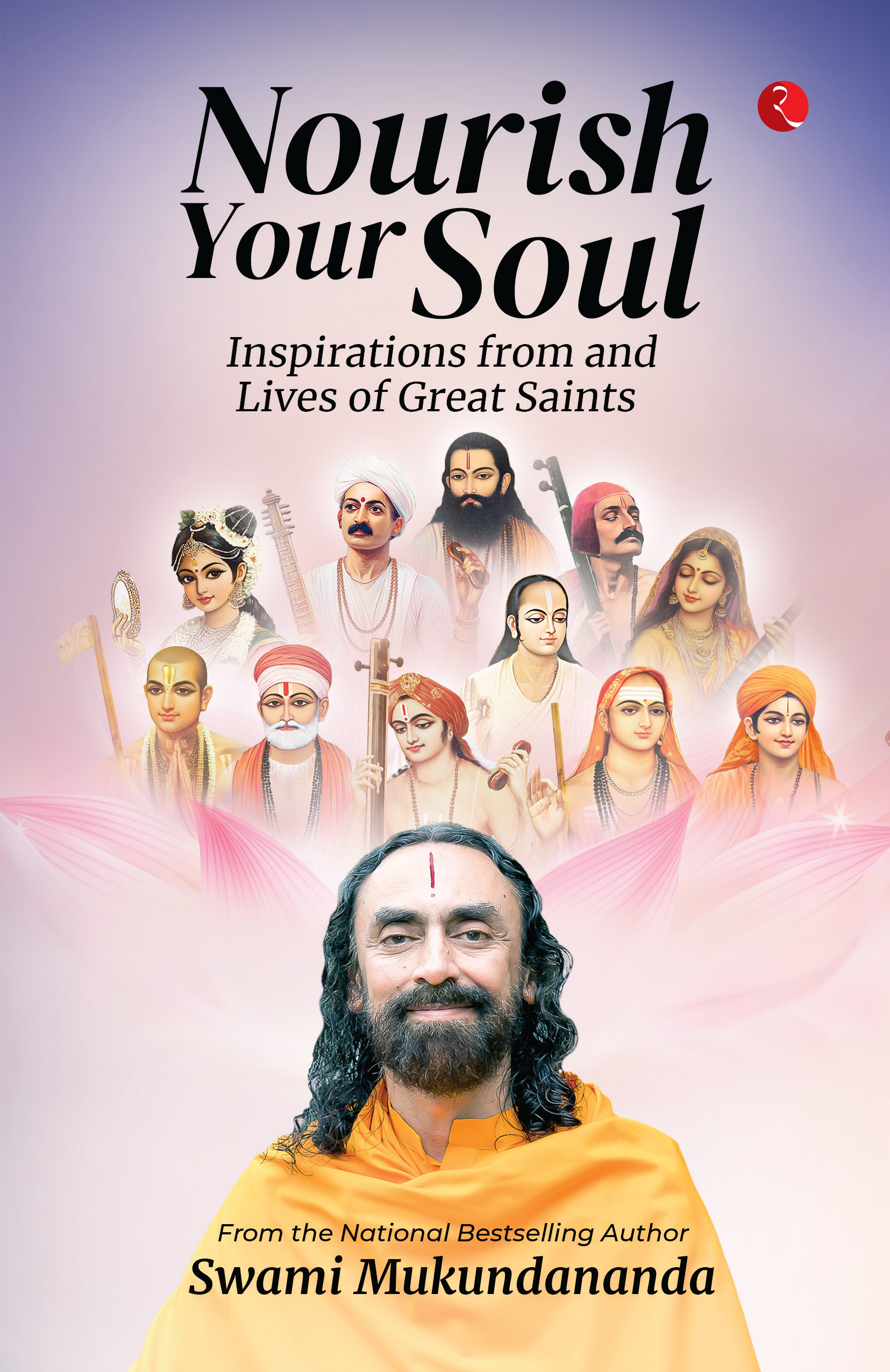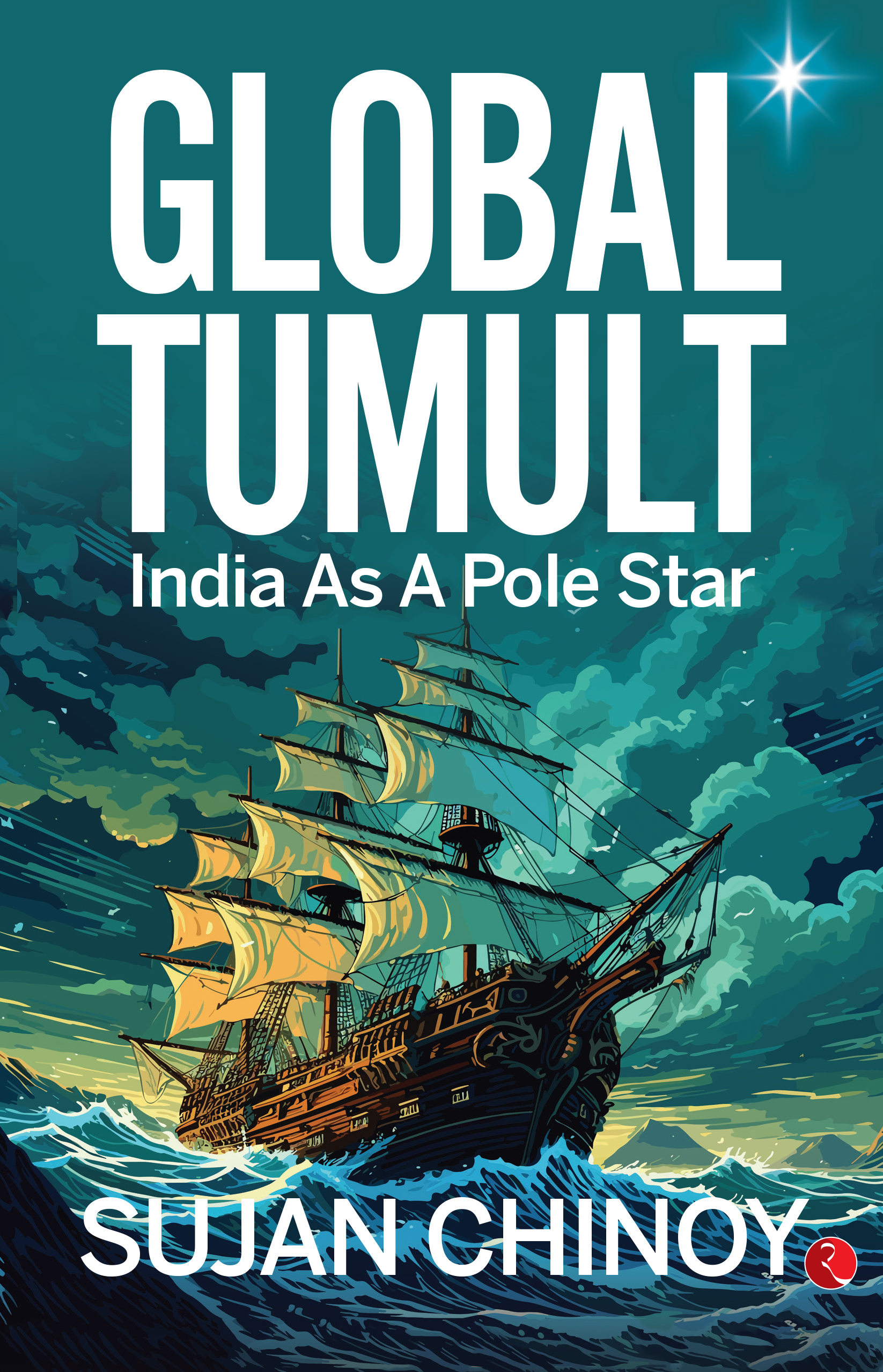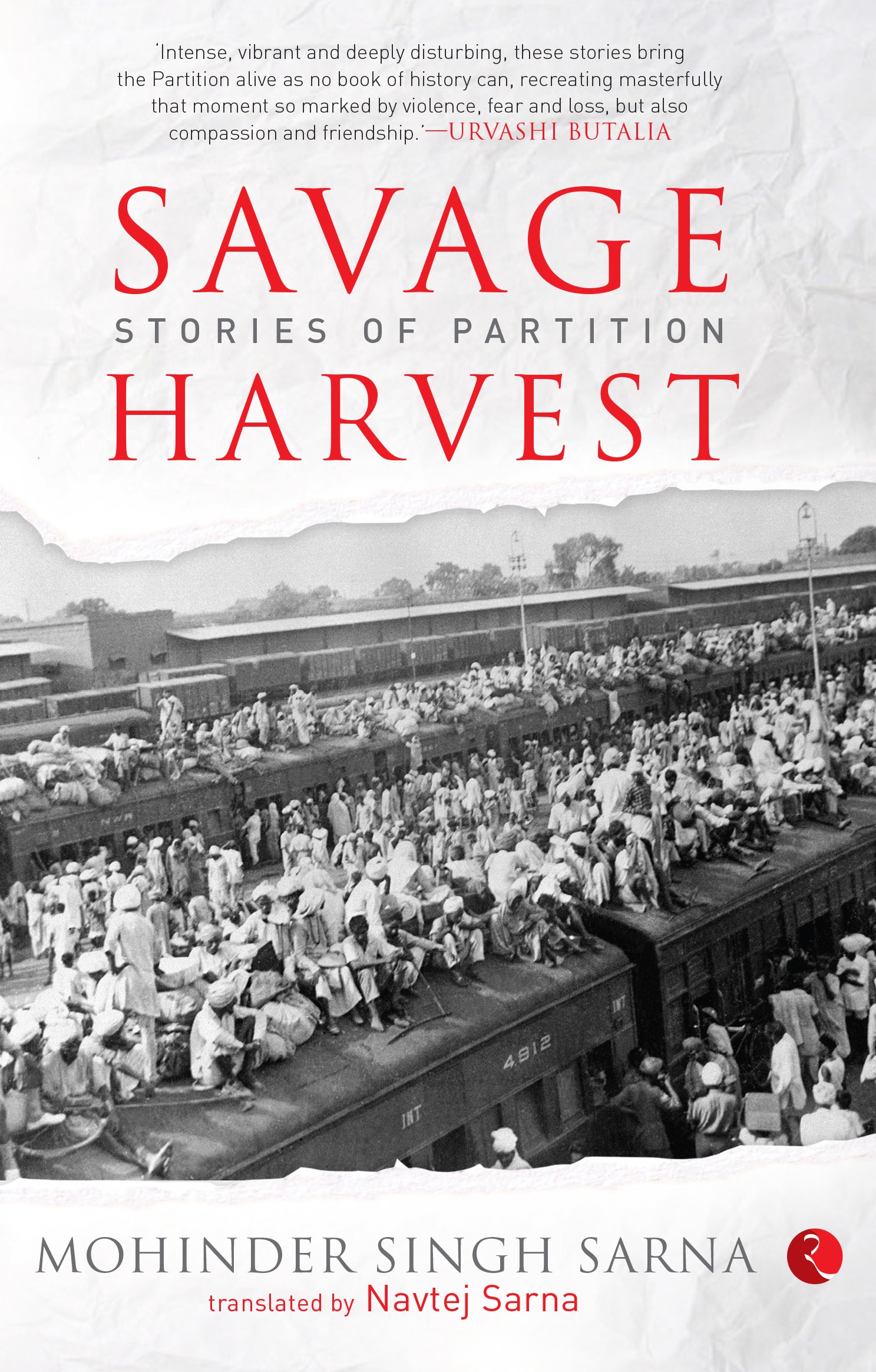
SAVAGE HARVEST: STORIES OF PARTITION
- Category Literature & Fiction
- Format PB
- Imprint
- Price 295
- ISBN: 978-81-291-2487-6
- Pages: 264 pages
- Date: September 2013
ABOUT THIS BOOK
‘The season of sickles and scrapes had passed; this was the time of axes and spears…it had been a strange harvest.’
A brave father prepares to sacrifice his son; a poet returns to his home across the border to find his books intact among strangers; a young man challenges the neighbourhood rogue to a horse-riding bet to rescue a captive girl; a middle-aged man outs a murderer from among his well-behaved guests at a social gathering; a wife’s faith destroys the hatred in her husband’s heart; and, when humanity is under threat, a dog lays down his life to protect his mistress. The stories in this powerful collection, by one of the most respected names in modern Punjabi literature, record epic moments of survival in the sea of violence that overwhelmed north India in 1947.
Translated by Navtej Sarna, these stories illustrate the truth that hate and violence have no religion, and that courage and compassion, too, are to be found among people of every faith. A harrowing record of the horrors of Partition, Savage Harvest is also a poignant tribute to the human spirit—to men and women who will wage their all in defence of humanity.



